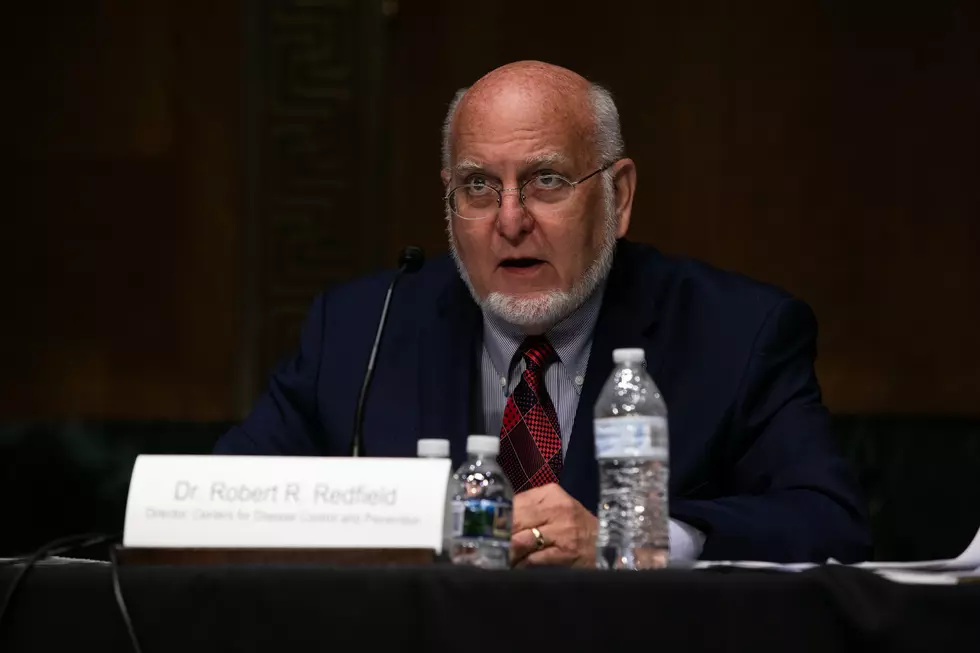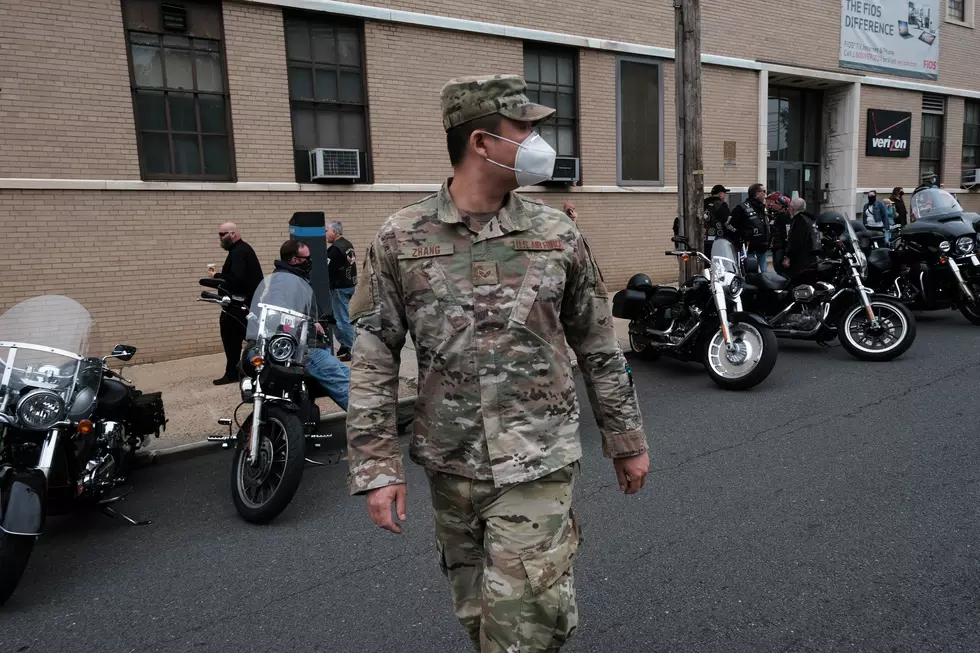
CDC Downgrades COVID-19 Restrictions On Testing & Travel
The Centers for Disease Control and Prevention (CDC) made major changes this week to their COVID-19 guidelines. The CDC changed their guidelines on both testing and travel.
Earlier this week, the CDC changed their travel restrictions for Americans. Completely dropping their 14-day quarantine recommendation after traveling.
The change includes traveling to and from highly infected areas. The CDC now says that travelers should abide by the same mitigation measures as anyone else would, whether or not they traveled. This includes wearing a mask, washing hands, and keeping socially distanced.
But maybe the biggest change to CDC policy this week regards testing.
Previously the CDC said anyone who came in contact with someone who was positive for COVID-19 should be tested quickly. But now the CDC says you don't need to be tested unless you show symptoms. The CDC website clearly states "Not everyone needs to be tested."
These changes come on the heels of research that shows asymptomatic spread is more rare than some believe.
Which follow the same logic that the World Health Organization (WHO) has held since February. Even though there was push back at times, the WHO still considers asymptomatic spread of COVID-19 to be "very rare" or "rare" at worst. Comments from researchers with the WHO were met with backlash, and some reported that the comments were retracted, but they were not. Researcher Dr. Maria Van Kerkhove reasserted that the spread is "rare" in her "clarification", and maintains that the measures previously taken by countries should not be taken again.
Even with the long-term stance of the WHO, and the new research on asymptomatic spread, some have met the CDC's updates with criticism. Including elected officials who have championed the CDC guidelines for the last 6 months.
Read More: Biggest Box Office Movies Filmed in Shreveport
More From News Radio 710 KEEL









